- Jumping into the Great Unknown Wendy Green 45:47
The “Great Unknown” in this episode is the question, “what am I going to do now, after my career just ended?”
Minette Norman had a 30 year career in the IT industry, for the past 20 years with the same company and the last 5 as a VP. Leadership changed, and as often happens when leadership changes, she was now an outsider of the new leadership group. The environment became very uncomfortable until she finally decided it was time to leave.
Now what? Friends had ideas. She had the belief that she was not entreprenuerial, and after much soul-searching, she stepped into the fear and started her own leadership consulting practice.
We talk about rebuilding confidence after a job loss.
We talk about the importance of continuous learning.
We talk about her new book, The Psychological Safety Playbook, that will come out in February of 2023.
And we talked about asking yourself, “Can I give that a Whole Body Yes?”
Episode Takeaways:
1. We are not done yet, unless we want to be. We still have so much to give.
2. Never stop learning!
3. Be open to new experiences
4. Embrace “what if…” Treat everything as an experiment.
Thanks so much for listening.
Subscribe on Apple Podcast, Stitcher , Google Podcast. or Spotify
Follow up on Facebook and Instagram
You can email me with questions or comments at wendy@heyboomer.biz
– Wendy Green is a Certified Life Coach, working with people going through the sometimes uncomfortable life transition from full-time work to “what’s next.” Find out more about Wendy’s 6-week “What’s Next Transition” Coaching workshop
– You can email Minette at minette@minettenorman.com or connect wiht her on her website at minettenorman.com
Transcript
Welcome to the Hey Boomer Show. My name is Wendy Green and I am your host for Hey Boomer. And we go live every Monday at 1:00 Eastern Time on Facebook, LinkedIn and YouTube. Hey, Boomer is a show for people who believe that we are never too old to set another goal or dream, a new dream. It is for lifelong learners who are finding meaning and purpose in their lives and living their best life at this next stage of life.
The push is on for the Hey Boomer Walk to End Alzheimer’s and I want to thank my Walk to End Alzheimer’s team. Prudence Taylor, David Bell Ann Golden, Doris McLallen are on the team in Greenville, South Carolina. Melanie Whitlock is building a team in California and Bernadette Wagner is building a team in Maryland. So we are all in the fight to end Alzheimer’s. And anybody who joins our team is going to get a cute, Hey, Boomer hat that you can wear for the walk and then you can wear proudly afterwards. To join our team or to make a donation, If you don’t feel like you can walk with us. You would go to act.alz.org/HeyBoomer. So help us walk to end Alzheimer’s.
I also wanted to mention the What’s Next group Coaching program. This program helps answer the question Who am I now? Who do I want to be? And how am I going to feel useful and relevant again? It’s a six week group Coaching program.
At the end of six weeks, you’re going to have a six month plan. And if you’re really motivated, you might even have a one year plan to get yourself Moving in the direction that’s going to feel good to you. That’s going to feel like you are on the right path to your next act. You can set up a 20 minute free consultation with me using this calendar link. It’s calendly.com /heyboomer/20min, it’s 20 minutes that could change your life. And if you want to check out the website first, you can just go to heyboomer.biz/Coaching.
Today, you know, we’re going to talk about stepping off into the great unknown. And I thought it would be good to give you a little background for myself. In February of 2009, my beloved father passed away. Within two years my second marriage ended. I moved out of my beautiful home. I sold my business for a loss. And I found myself sitting in a group program about being grateful. And at the time, I was struggling to figure out what I was grateful for. I was depressed. I felt depleted. My heart was closed. I just didn’t know what I was good at anymore or what made me happy.
I rejoined the corporate world. And then in 2017, I got laid off because of a corporate merger. Took another job. And then in March of 2020, the pandemic shut down the place I was working, and there I was again. What was I going to do? But this time I decided I was going to start a show that was going to inspire people and help all of us through that time. So I started, Hey Boomer, in April of 2020, and it wasn’t long after I started, Hey Boomer, that I experienced this amazing sense of freedom. And it came over me that I could say what I wanted to say. I could be authentic. It was my show. And if people didn’t want to listen to what we were talking about on the show, they could turn it off. But it was finally an opportunity to really be authentically myself. And it felt great. And I think that is what stepping off into the great unknown will do for you when you find that passion. It can be very unsettling. It can be terrifying, but if it matches your passion and as you settle into it, you will begin to feel that sense of freedom also. And that is what we’re going to talk about today. I am going to bring Minette on because I’m super excited about this conversation. Hi, Minette.
Hello, Wendy.
So glad you could join us today.
Thanks for inviting me.
Yeah. Let me do a quick overview of your background and then we’ll get into more detail. So Minette spent decades in leadership roles in the software industry. Her last role before leaving the company was as vice president of engineering practices at Autodesk. She began her consulting practice, Minette Norman Consulting LLC in the spring of 2020. Her passion is to develop transformational leaders who create inclusive working environments with a foundation of psychological safety. Minette was named in 2017 as one of the most influential women in the Bay Area business by the San Francisco Business Times and as business role model of the year in 2018 by the Women in Silicon Valley Awards. And she is a recognized leader with a unique perspective. Minette is also the co-author of a book about psychological safety for leaders. The Psychological Safety Playbook: Lead More Powerfully by Being Human, which will be published in February of 2023. Oh, boy. And she’s also finishing up another book on inclusive leadership. So you’ve been busy since you left your corporate job?
Yes, I have. Absolutely.
Well, let’s start there. Like, why did you decide after 20 or 30 years in the industry that you were going to step out?
You know, that question could be the whole podcast that we’re doing today. It’s a really long, it could be a really long answer. So I’m going to try to try to give you a succinct answer to that question. But maybe I’ll start by saying I had this amazing career. I spent three decades in the software industry. I didn’t expect when I started in 1989 as a technical writer at Adobe that I would end up 25 years later as a VP. I just never considered that. But I did. I had this amazing run. And I guess the short answer is that I had a fabulous career that ended really badly, and the way it ended badly was it was kind of insidious. I didn’t quite see what was happening, but with hindsight I can see it very clearly. There I was in this VP role. I was appointed by an SVP who was kind of my sponsor. And when he left the company, that was really the beginning of the end. But I didn’t see it so clearly at the time. I got a new boss who was a former peer and he was the peer I got along the least well with, of course, and suddenly he was my boss. And then after I think maybe a year, he brought in a new VP.
And so basically the new VP was my boss. I was moved down a rung. And then what happened? This was really the unraveling was this new VP who was my boss. Gradually he did a big reorg and almost all of my responsibilities were taken away. And I had this I had had a very large, very impactful role that really was a wonderful role. And I loved it. I worked with like 3500 people around the globe. I had a big staff, I had big responsibilities, and those were taken away. And at the same time, what I didn’t see and that I can see so well now is that basically they were just they were trying to get me to leave because I was now, you know, when the leadership change, they no longer really needed my services, but they didn’t say that explicitly. And instead I got some really unpleasant things happen in that I won’t talk about because I’ve signed one of those non-disparagement agreements, so I just am not going to say what actually happened, but it resulted in me leaving and I didn’t plan on leaving when I did, but I did. So there I was in 2019, late 2019, and didn’t have a plan.
Yeah, and that is so common when leadership changes that everything gets shook up and they don’t want you. So you didn’t have a plan. And, you know, one of the things that we’ve talked about before we are doing the show live was so how did you feel? What did you do? What do you mean? That’s pretty scary.
Yeah, I really I didn’t have a plan. So, you know, it’s kind of interesting when you leave under those conditions, you’re always leaving to pursue new opportunities. That’s sort of the verbiage. You know, Minette is leaving to pursue new opportunities. And one of the things that was in my mind had been sort of planted by a good friend of mine. And we were attending a nonprofit gala event and we were sitting at a table and he said to me, You know, Minette, you’d be a really good executive director for a nonprofit. And, you know, he’s a good friend who’s known me for a long, long time. And I thought, what a great idea. And so I started looking around and I got really far into an interview process with a local nonprofit that was looking for a new ED. And it’s very good that they ended up picking someone else. And the process took a really long time because midway through it I realized this is not what I want. You know, this was sort of like someone else’s idea of what I should be doing, but it wasn’t what I really wanted. And I knew this because I’d been on a nonprofit board for several years, and I know what the ED goes through and how hard it is to work with a board and all of that. And I thought, No, I don’t want to do that.
So that idea sort of faded away. And then, then I was back to Now what? Now what? And one of the things yeah, one of the things that I really knew, like in that last job that I had for five years, I had been, you know, my on paper description was to transform engineering practices across the company and really modernize how we develop software. But what I was actually doing was changing the culture and changing how people interacted. And really I was doing a lot of work on diversity, equity and inclusion and trying to have more inclusive leadership. And in my mind, that’s really what was important to me. And I was spending more and more energy on that even when I was in the job. So as I was doing some soul searching about what I might do next, I thought, well, well, maybe I can do that work working for somebody else, right? So whether it’s another company or another. Consulting firm. I definitely never thought I’m going to start my own business because, you know, there was part of the self talk that we do. I said to myself, I am not entrepreneurial because I’ve always worked for somebody else for my entire career. So, you know, the words we say matter. I’m not entrepreneurial. I believed that. And so then I was introduced to another woman who was starting a consulting firm, and she wanted to hire a group of women.
She was very deliberate about hiring a group of women who would be leadership consultants and that we would help build better workplaces. And so I thought, well, this is perfect. I don’t have to start my own thing. I can go work with her. And so I actually spent a few months meeting with her and meeting with the small team she had assembled, and I was ready to sign on. And then she offered me an agreement. It was a legal agreement of how we would partner. And as I’m reading the fine print, I see that it says that she and her firm would own all perpetual rights to anything I created, whether it was a workshop, a talk, written materials, blog posts, whatever. And honestly, one day that was the aha moment for me where I realized, okay, this is what I have. My intellectual property is really all I have. And people are interested in hiring me because of this experience and knowledge. And I can’t give that away. I absolutely cannot give that to anyone. I have to own that. And so I realized, okay, if you want to own it and you want to make the decisions yourself, that means you’re going to have to start your own thing. And so that’s what I did.
There’s so much in what you just said. Minette So when did you actually leave the company?
I left Autodesk in August of 2019, 2019.
So it took you a little over a year to kind of figure out what you were going to do next and go through that journey.
It was actually about it was about six months, I guess, because it was like August. And then by kind of the same time you were starting this podcast, I had decided to launch my business. So that’s like what, six, seven months? And of course, both of us doing this right at the beginning of a pandemic.
The pandemic. Right. That’s what we do. Yeah. So you talked about some of the self-talk, you know, like, oh, I’m not an entrepreneur or, you know, or I mean, I think our self-talk can definitely get in our way. And how did you manage to shift that to Oh, well, I could be an entrepreneur and I am an entrepreneur.
You know, that’s a I don’t have, an easy answer to that because I think it was all a very gradual process. Part of it was getting over the fact that my self confidence was so shaken I had to. So when I left when I left Autodesk, I really felt very damaged because I felt like I thought I had a bunch of credibility and that manager that I had made me doubt that. And so I had to really kind of rebuild my my strength and my my belief in myself. And part of that for me is always talking to people that know me like I have I have really good close friends, but I also have a network of trusted ex-colleagues and friends I’ve made through work and really just talking to them about like what really went down. Am I seeing this clearly? I also I will tell you a little sort of a funny story that when I left Autodesk, because I’d been there 20 years, I knew a lot of people I’d I’d had a very big platform those last five years. So many people had heard me speak or knew me. And I got all these emails as you do when you leave a company you’ve had a long time. So before I left, I get I had I mean, there were well over maybe there were 100 or 200 emails and I’m like, I can’t I don’t want to forward all these to my personal account. So what I did is I went through them and I actually copied and pasted some of them, the ones that were like the most meaningful to me.
And I put them into one document. So I had this sort of encouragement document of like people who said, you made such an impact, you were really a role model, whatever it was. And I, I went back to that document, however corny that sounds, I would sometimes read the comments in there just to realize that like, okay, you didn’t imagine that you, you, you were a good leader and you really did have a positive impact on many people’s lives and careers. And so kind of just gradually rebuilding my confidence, I would say, took several months and I was kind of a wreck when I walked out of there. And by the beginning of of 2020, I was starting to feel better. I remember it was just before the pandemic shut down. I did a speaking engagement in San Francisco, and that went really well. And then someone I knew from Salesforce invited me to come in and do a workshop, and it was a leadership offsite. And I did a workshop and it was completely in my wheelhouse and in my comfort zone. And it was. Was great. It went really well. And that gave me that confidence of like, okay, you’ve just had two wonderful experiences. People wanted you to come in, they appreciated what you had to share. And I was very energized by that. And that that experience was like, okay, well, there’s something here. Let me explore what that was and what that is and what that might be. And the first thing I did, because I’d been in tech for so long as well, let’s, let’s just build a website not knowing what I was getting into.
But I thought, well, if I have a website, I have a business. And so I built my first website which I have since turned over to an expert. But at the time that was like, let me do something tangible. And that just sort of got me going. And the other thing that’s funny about that, though, because of the timing is I had a website, I had announced my business and every budget was shut down because of the pandemic. So that’s right. Right. Everyone I reached out to was like, Oh yeah, we’d love to bring you in, but all of our budgets are frozen. So in a way that was kind of good because it gave me that 2020 period to figure out what is my offering going to be, what is my sort of, as they say, the value proposition that I uniquely can provide. And I took I took a class that was being offered by someone who has his own leadership consulting practice, and he’s really successful. How how? Adler And I took this class with him, and he gave us very practical tips for like, how do you run a leadership consulting business? And that was so helpful to like even just practical things like how do you do proposals, how do you do invoicing, how do you do marketing, etc.? So that kind of built my confidence. And then going into the end of 2020 and into 2021, I got my first client and then, you know, it starts to go from there.
Yeah, no. And I appreciate your vulnerability about that because, you know, I felt the same way when I got let go in 2017. I was building a training department, I’d built their online university, I was enjoying my job, and then it just went away. And it does rock your world. It does shake your confidence. And it’s so funny that you said about your list of positive comments that you got because I did the same thing with you. I did. I did the same thing. And, you know, every once in a while, I, I still will go back and look at things that people have written to me or that I’ve written to to recenter myself. Because I think as human beings, we sometimes do get off center. And I think fear is a big thing that gets in the way of people. And I was just curious about, you know. Of like fear. There’s an acronym. Fear is false evidence appearing real. Right. So we we look out and we go, oh, people are never going to buy our product or they’re never going to sign up for what I’m doing. And then you have to step into it. Right. And so some of what you did was, like you said, you took a class. You talk to people. You…




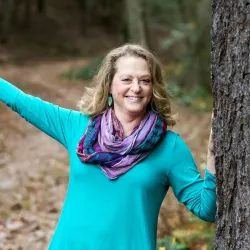





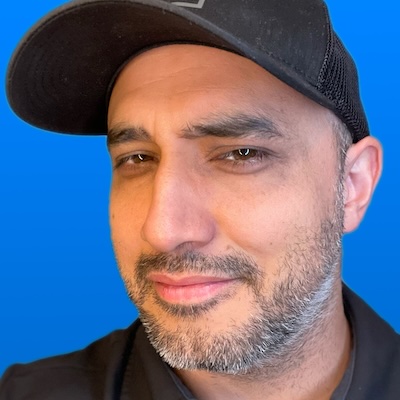
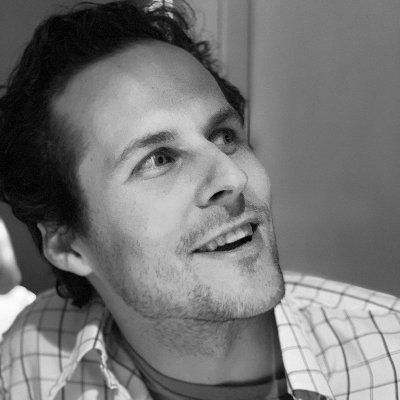



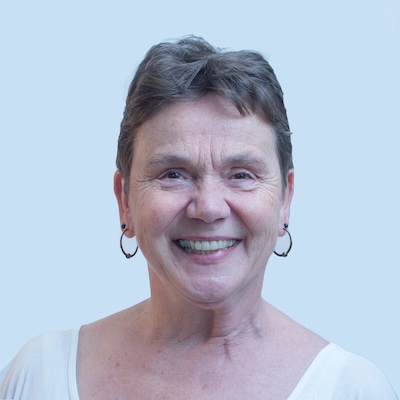



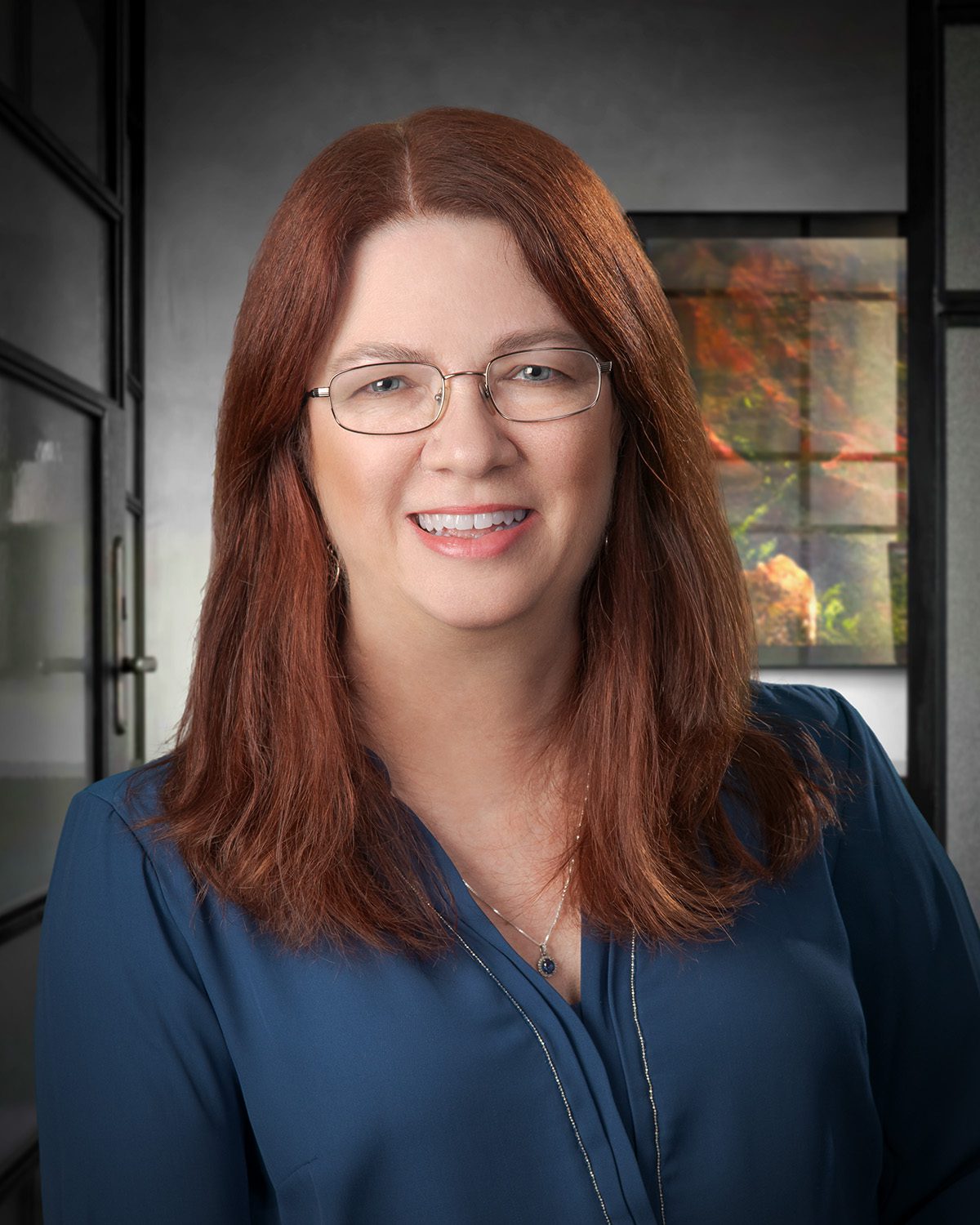
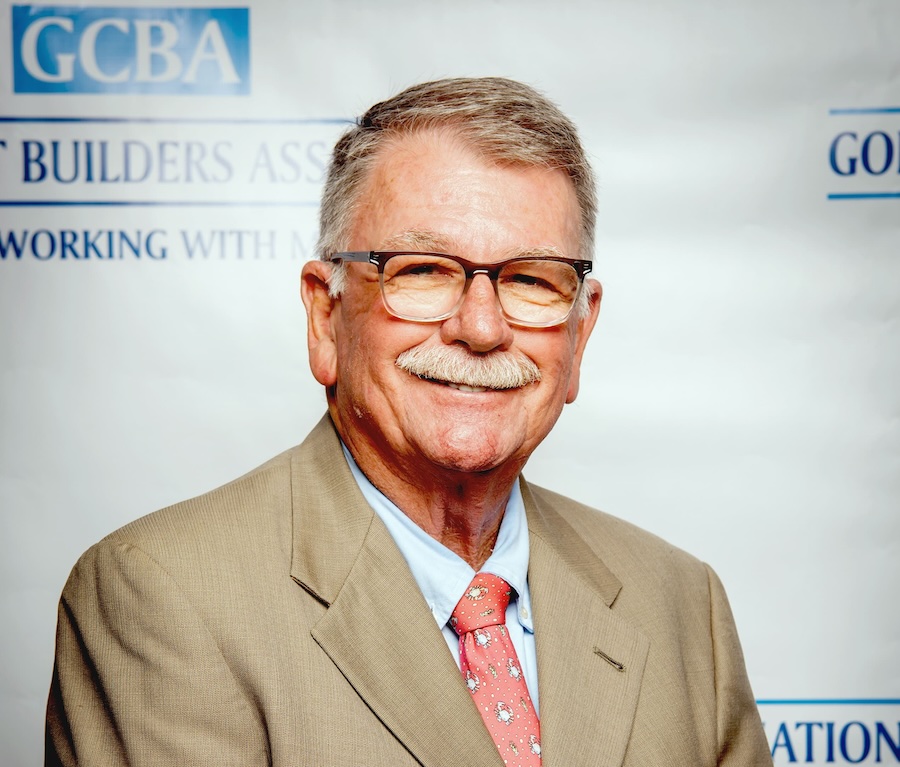


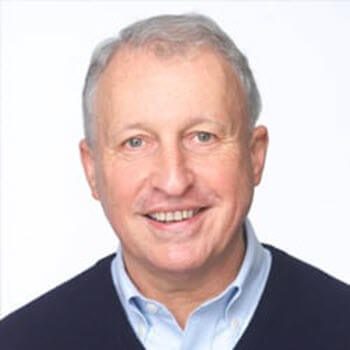
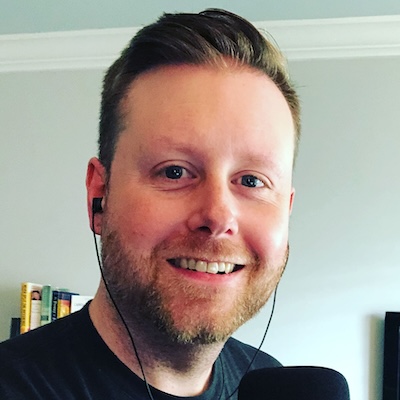
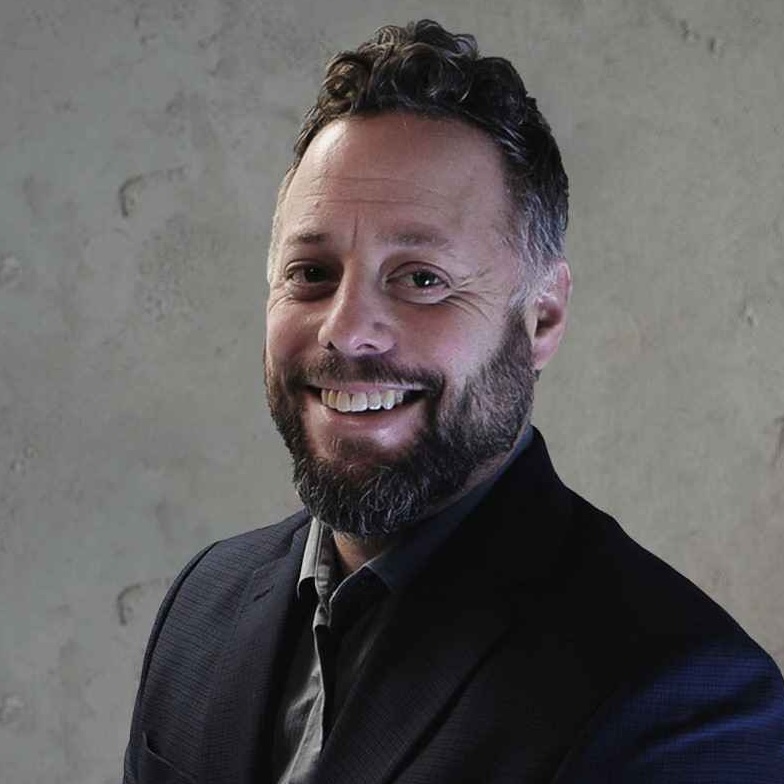
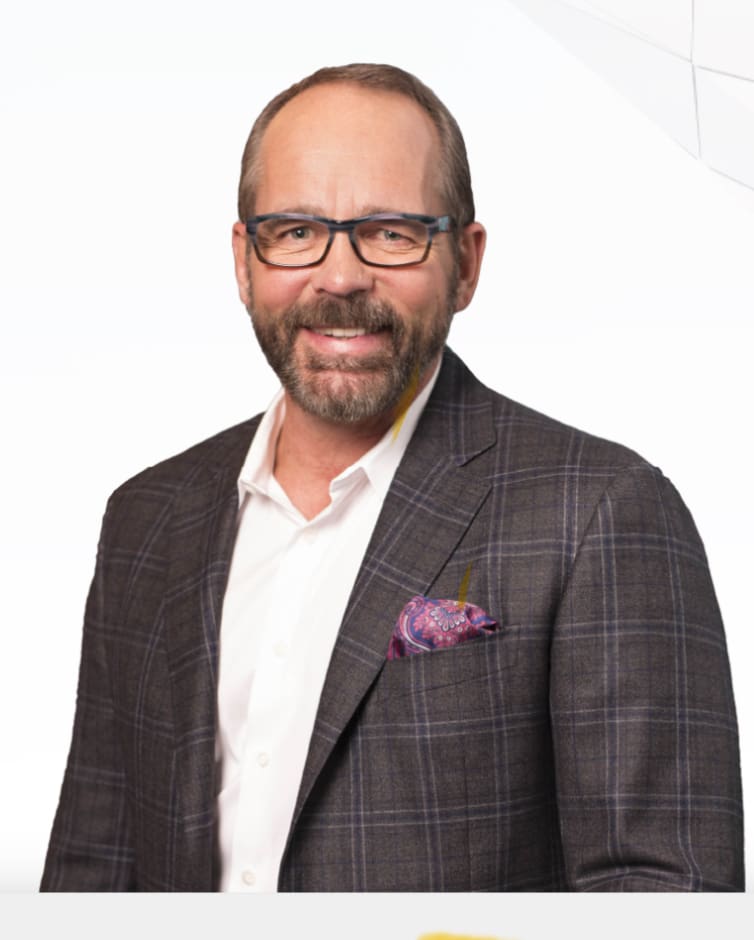
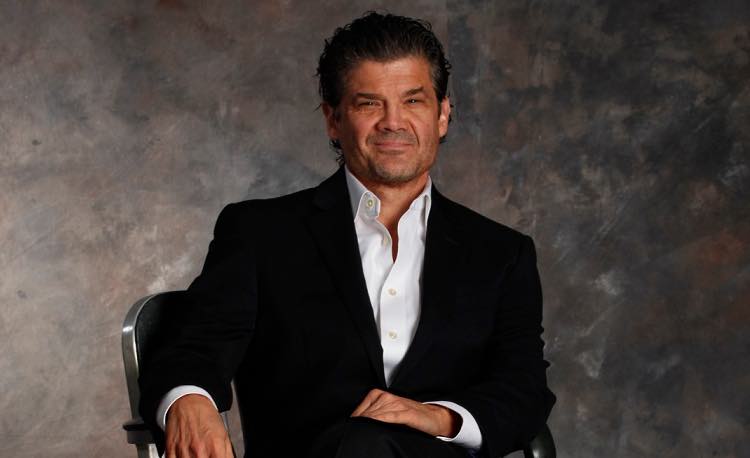


Already a Member? Login Here.
Not Yet a Member? Join the Conversation Today!